Používáte nepodporovaný, zastaralý internetový prohlížeč. Stránky v něm nemusí být správně zobrazeny, mohou být pomalé a nemusí správně fungovat. Zaktualizujte si prohlížeč nebo si nainstalujte nový. Doporučujeme použití některého z následujících prohlížečů: Google Chrome, Edge, Mozilla Firefox


Egg donation in Czech Republic
Donated eggs from a suitable anonymous donor are fertilised with sperm provided by the patient’s partner. IVF using donated eggs gives women who can’t conceive using their own eggs a chance to have their own baby.
Contact us-
For women over the age of 40
-
If a woman suffers from primary ovarian insufficiency or has no ovaries at all
-
If a woman has a small number of eggs or poor-quality eggs
Treatment success rate with donated eggs
IVF with donated eggs gives a significantly higher chance of success, regardless of age. For many couples, this method has become the only option to fulfill their dream of having a family.
While the success rate of standard IVF with your own eggs decreases with age and often requires multiple cycles, IVF with donated eggs offers a more stable and significantly higher chance of success.

Why Europe IVF?
Our pregnancy success rate is as high as 68%
The chances of pregnancy with IVF using donated eggs depend on a number of factors. These are the woman's age, physical and mental health, whether she is overweight or not and the quality of her partner’s sperm.
We won't keep you waiting
We completely understand your situation and we want to help you solve things right away. The whole process takes place within 1 -2 months. Everything is planned so that you have the exact dates of treatment in advance, including the exact day of egg retrieval from your donor.

We have a top-rate donation programme
All our donors are young and healthy women. The donation programme is voluntary and anonymous, and, by law, a child born this way has no right to learn the identity of the egg donor even after reaching the age of 18.
Professional care and a human approach
The size of the clinic allows our medical specialists to approach each patient individually and guide couples through the treatment process or IVF, right through to pregnancy.

Course of treatment
Egg donation is legal in the Czech Republic and subject to strict control. Our donors are young women aged from 18-32. All donors undergo thorough medical examinations to assess their physical and mental health.
A suitable donor will be selected by our doctors on the basis of the questionnaire you completed. You will receive non-identifying information about the donor while preserving her anonymity (age, appearance, interests, blood type)
Egg donors are compensated for accrued expenses associated with egg donation.
Optimally, the whole process from the initial consultation to a positive test takes about 2 months.
Preparatory phase

- First you will be asked to fill out a form (donor typing), where you will specify your requirements regarding the donor’s appearance.
- We will ask you to provide us with your photo or, with your permission, we will take a photo of you at the clinic.
- We will look for a suitable egg donor based on your requirements.
- You will be informed as soon as a suitable egg donor has been found.
- Your menstrual cycle will be synchronised with the donor’s cycle (usually using contraceptives), so that the endometrium is ready to receive the embryos in the optimally timed period.
- The uterine lining (endometrium) needs to be thick enough for an embryo to implant successfully.
- As a rule, you will start taking pills containing female hormones (oestrogens) on the 1st day of your menstrual cycle.
- The doctor will recommend an ultrasound to assess the thickness of the endometrium on the 10-12th day of your menstrual cycle (at the clinic or by your gynaecologist).
- We will discuss the results of the scan (by phone or e-mail).
- We will confirm the planned day of egg retrieval from the donor.
Embryo transfer

- Your partner will come to the clinic on the day of egg retrieval to provide a sperm sample. Or, as agreed, we will use your partner‘s previously frozen sperm sample.
- We use the ICSI method of directly injecting sperm into the egg for fertilisation.
- On the day of egg retrieval from the donor, you will start taking another female hormone (progestogen).
- Following fertilisation, the embryos will begin to divide and grow.
- Embryos can be cultured in the laboratory for up to 120 hours (5 days), after which they must be transferred into the uterus or frozen.
- The embryologist will determine the best time for embryo transfer based on the number, development and quality of the embryos.
- Surplus good quality embryos will be frozen for possible further use.
- The transfer of the embryo or embryos into the uterus is performed without anaesthesia using a thin flexible catheter (tube), the end of which is guided by ultrasound for precise placement.
- The transfer is completely painless.
- The embryos are injected into the uterine cavity with a small amount of liquid (culture medium).
- You will then rest in bed for about 10-15 minutes and will then be discharged from the clinic.
After transfer

- Rest is recommended for 1-2 weeks after embryo transfer (no strenuous physical activity, sexual intercourse, or hot baths).
- You can go back to your normal routine after 1-2 weeks, but we still recommend avoiding strenuous physical activity.
- Take your medication regularly as indicated in the discharge report.
- Have a pregnancy blood test 14 days after embryo transfer and let us know the result.
- If the pregnancy test is positive, continue to take the prescribed medication until the 12th week of pregnancy and make an appointment for an ultrasound (in approximately 10-14 days) with your doctor.
- After the 12th week of pregnancy, gradually taper and discontinue the medication as recommended by your doctor.
- Standard prenatal screening also takes place, together with a check-up at your gynaecologist´s.
- If the pregnancy test is negative, stop all medication and contact us. We will discuss the next steps with you and plan for the transfer of your frozen embryos.
Free initial consultation
We will get back to you no later than the next working day.
The form was submitted successfully. Our coordinator will contact you.
Experienced doctors
Each member of our team has many years of experience in the treatment of infertility at major centres of assisted reproduction in the Czech Republic and abroad. Experienced professionals increase our clients' chances of a successful pregnancy.

MUDr. Milada Brandejská
Medical director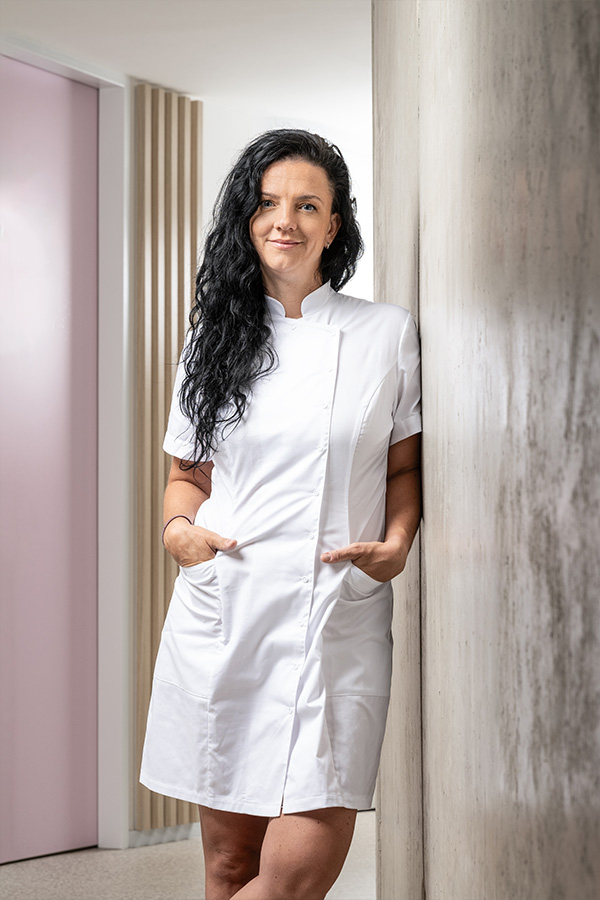
MUDr. Jana Voborská Neudeckerová
Reproductive medicine physician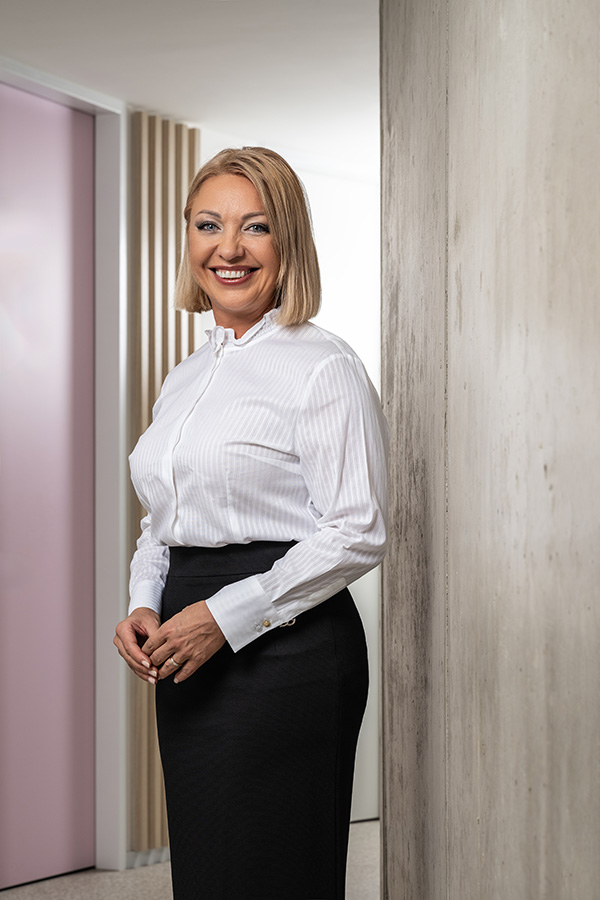
Dr. Natalia Saveleva
Doctor of Reproductive Medicine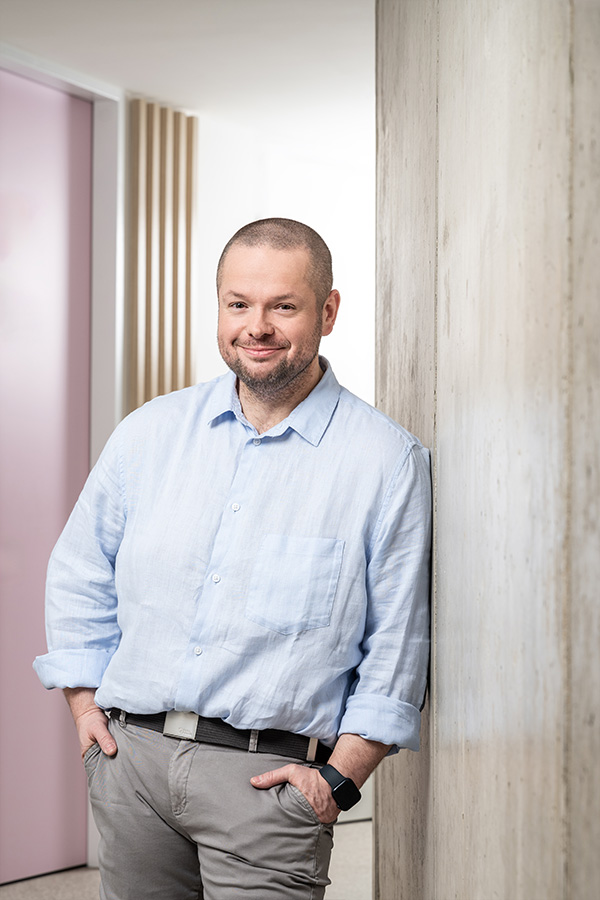
MUDr. Štěpán Budka
Reproductive medicine physician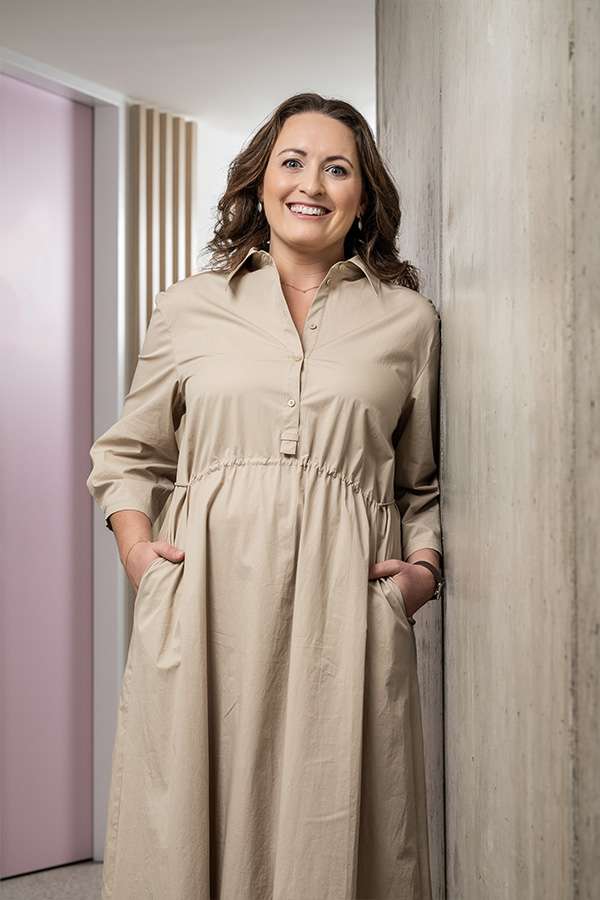
MUDr. Irena Folauf
Reproductive medicine physician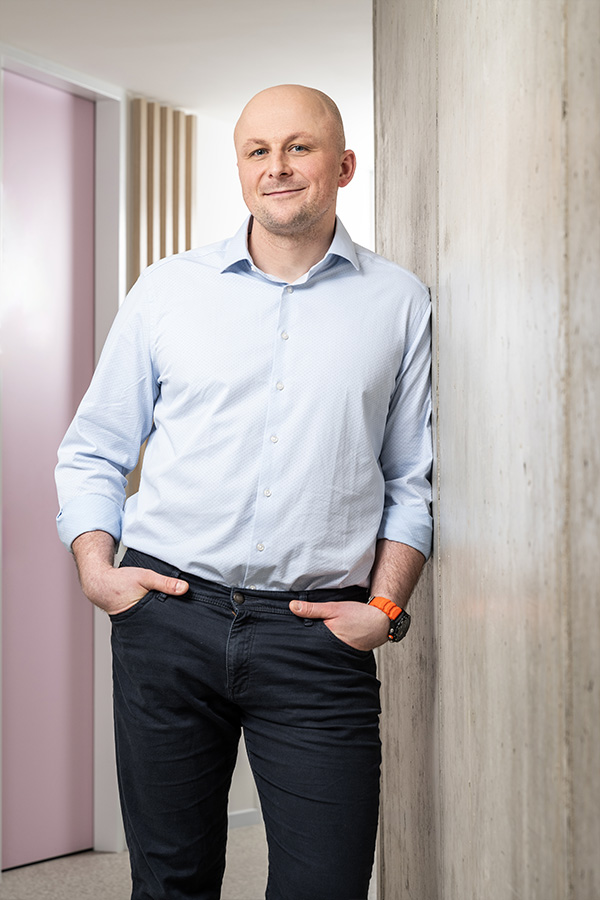
MUDr. Jan Smrčina
Reproductive medicine physician
MUDr. Marina Tomilova
Reproductive medicine physician
MUDr. Monika Poláková
Reproductive medicine physicianThe clinic uses laboratory methods that increase the chances of successful pregnancy
We will suggest suitable methods following an initial consultation with a doctor. In the meantime, you can compare their effectiveness.
ICSI
ICSI is the injection of sperm directly into an egg. This significantly increases the chance of fertilisation.
More informationEmbryoScope
We can increase the chances of pregnancy by selecting only the best quality embryos for transfer. We can identify these through continuous monitoring in EmbryoScope.
More informationPESA/MESA/TESE
In the absence of live sperm in the ejaculate, there is the possibility of obtaining sperm surgically from the epididymis (PESA or MESA) or testis (TESE).
More informationEmbryoGen / BlastGen
EmbryoGen and BlastGen are sequential culture media meticulously engineered to closely emulate the natural developmental progression of embryos.
More informationAssisted hatching
This method is used to disrupt the protective envelope (outer shell) of the embryo in order to make it easier to implant (nest) in the uterus.
More informationTrue stories
Katerina – Kiril
22. 5. 2023 - Europe Ivf team THE BEST OF THE BEST!! ...
A. B.
28. 3. 2023 - We had a great experience with Europe IVF. The team is very professional, Marija was amazing to keep in touch with us and always happy to help / advice. Doctors were very friendly and knowledgeable, The biologyst was on point advising us an...
S. P.
21. 2. 2023 - We highly recommend the clinic! Beautiful, kind, professional people who told us step by step everything we were going to do, from treatments to risks. I did an embryo transfer on February 6th, and on the 15th I ran out of patience and took...

Frequently asked questions
-
What is the age limit for IVF?
IVF treatment can be performed up to the age of 49. We recommend not delaying treatment, as age is an important factor in successful IVF.
-
Do I have to be married to my partner if we want to undergo IVF?
It is not necessary to be married for IVF. However, a statutory condition is the written consent of both partners (a woman and a man). This also applies for the treatment of infertility using donated cells.
-
What is the success rate of infertility treatment at the Europe IVF clinic?
We have a proven track record, with a success rate of up to 68%, which ranks us among the world’s leading centres of assisted reproduction. The success of IVF is greatly affected by the client’s age and the laboratory methods used. Our doctors will advise you on which laboratory methods are suitable for you and plan the IVF process specifically to your needs.
-
What criteria are used to select egg donors and what information can I find out about them?
Donation is anonymous. We only provide information about the year of birth, blood type, eye colour, hair colour, height, weight and education.
Take the first step towards treating infertility








